
We conducted a quick, initial analysis of six AI-based service platforms for hosting and analysing UX research: HeyMarvin, Lookback, AddMaple, Reveal, Outset, and Voicepanel. It brought up more questions than answers.

The latest issue of Interactions magazine, published by ACM, contains five feature stories, four of which are about AI and interaction design.

When we make decisions, our thinking is informed by societal norms, “guardrails” that guide our decisions, like the laws and rules that govern us. But what are good guardrails in today’s world of overwhelming information flows and increasingly powerful technologies, such as artificial intelligence? Based on the latest insights from the cognitive sciences, economics, and public policy, Guardrails offers a novel approach to shaping decisions by embracing human agency in its social context.
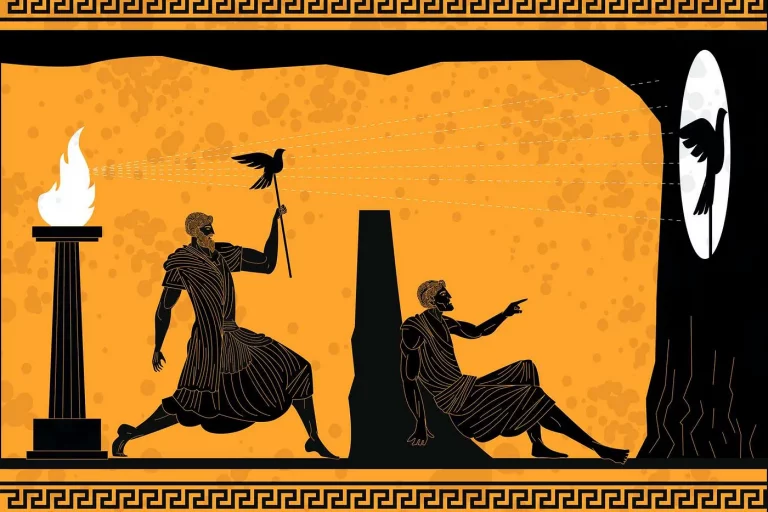
Practitioners praise some efficiency gains in process tasks, but are skeptical about the real value in analysis and insight gathering, despite the many marketing claims.
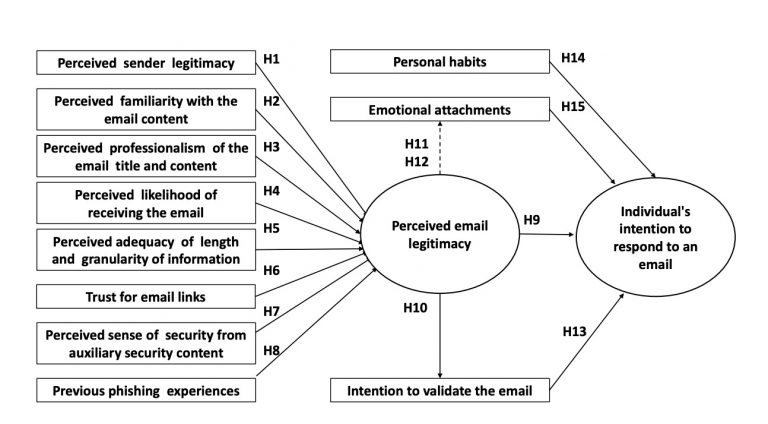
This paper features an in-depth investigation on how people make email response decisions while reading their emails. The authors proposed five concrete enhancements to state-of-the-art anti-phishing education, training, and awareness tools to support users in making safe email responses.
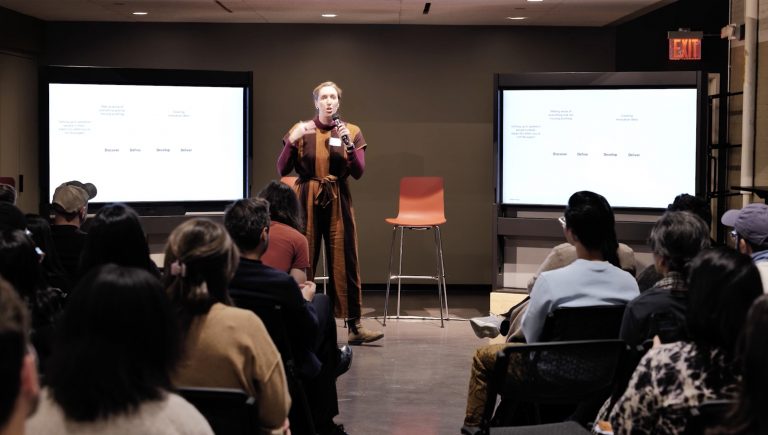
Cameron Hanson, Strategy Director at Smart Design, gave a presentation at the the Service Design Network (SDN) New York Chapter on practical ways to integrate GenAI into the design research process.
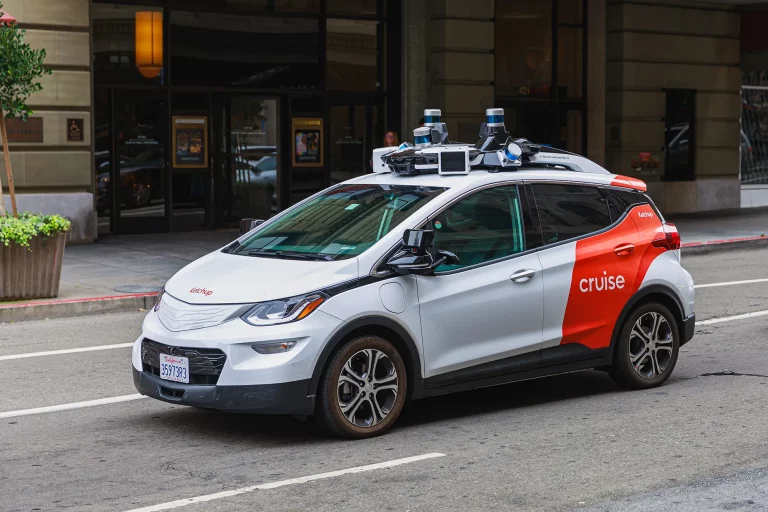
Trust depends on perceptions of whether sociotechnical systems are seen as beneficial and well-governed as well as whether they work as their designers expect.
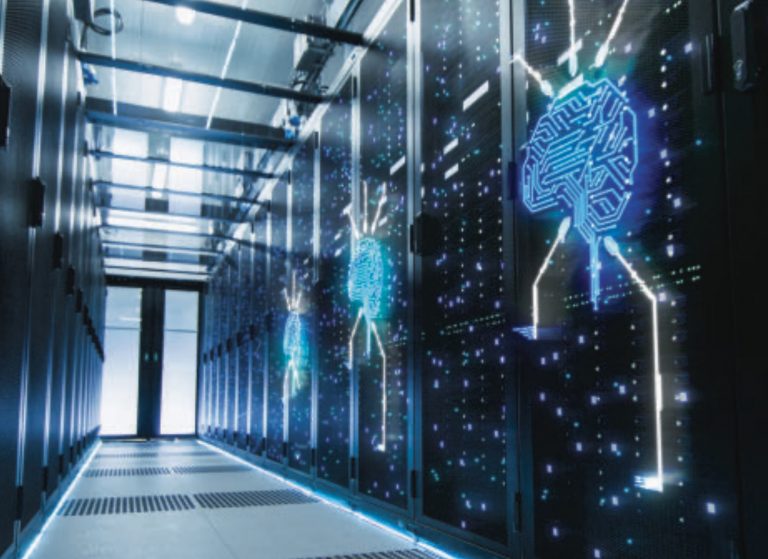
In an article for Communications of the ACM, David Geer explains how the U.S. Defense Department uses cyberpsychology to get into the minds of attackers to better understand how they think and act.
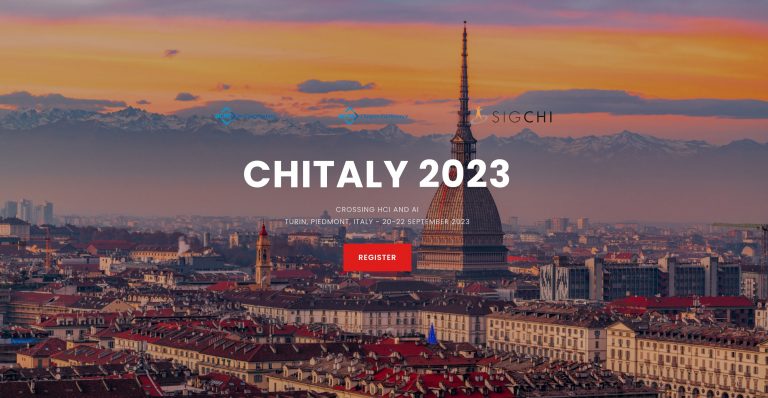
Proceedings of the 15th Biannual Conference of the Italian SIGCHI Chapter

"UX professionals must seize the AI career imperative or become irrelevant", writes Jakob Nielsen in his blog UX Tigers, particularly with current AI-driven tools being "far from user-friendly with their clunky, prompt-driven interfaces", and with adult (digital) literacy being what it is.
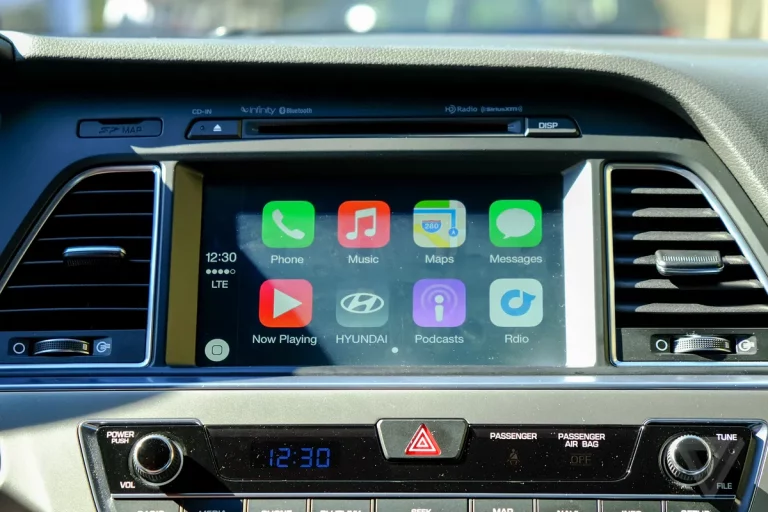
For the first time in 28 years of JD Power’s car owner survey, there is a consecutive year-over-year decline in satisfaction, with most of the ire directed toward in-car infotainment, writes Andrew J. Hawkins in The Verge.
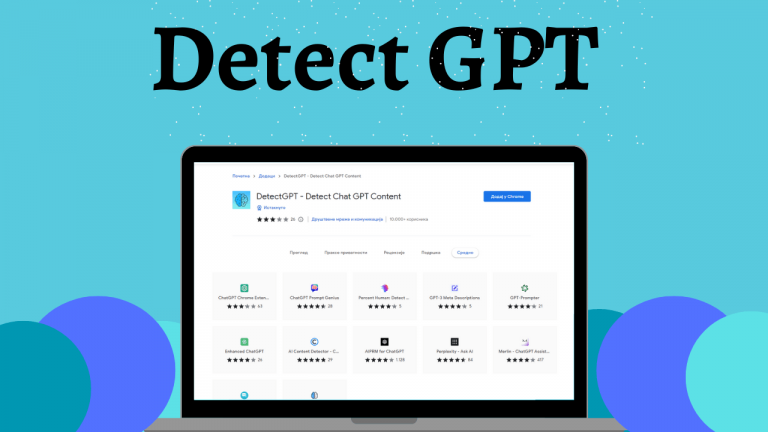
If you're a non-native English writer, you should know GPT detectors are biased against you.
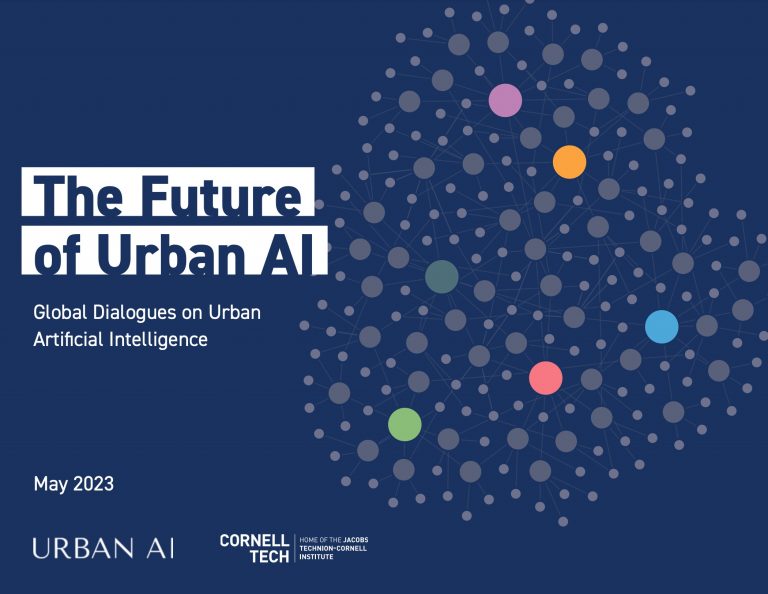
10 conversations by Urban AI, a Paris based think tank, with worldwide experts to explore the future of urban artificial intelligence

The book sheds new light on some of the most important themes in AI ethics, from the differences between Chinese and American visions of AI, to digital neo-colonialism. It is an essential work for anyone wishing to understand how different cultural contexts interplay with the most significant technology of our time.

What exactly is “smartness,” and how and why has it come to be not only a desirable goal, but something that must be implemented everywhere?
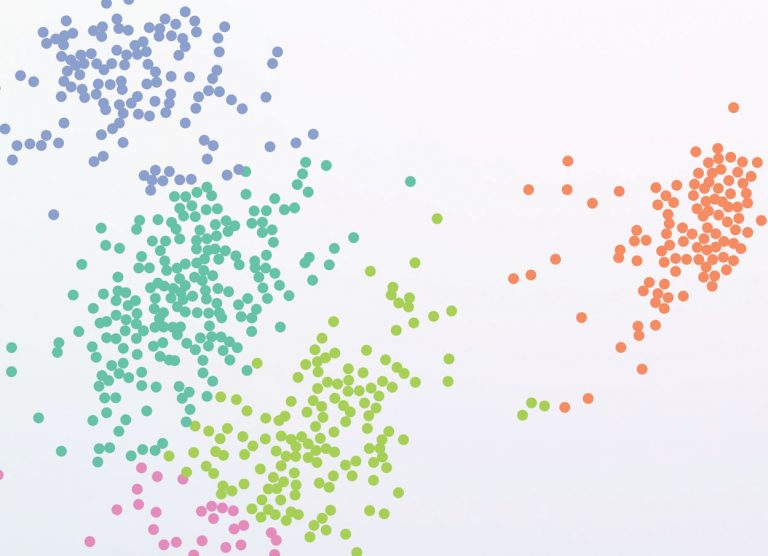
In this book meet the people who design the algorithms that capture our musical tastes.
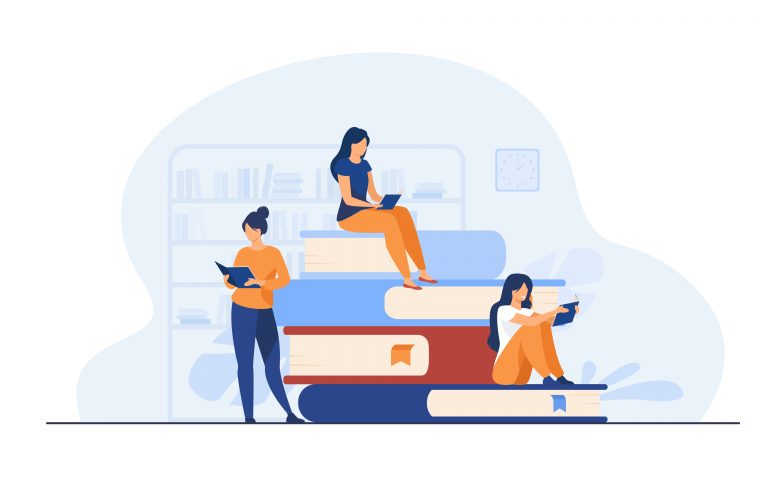
This study has collated evidence which on balance indicates a strong case to reform digital advertising. It indicates that the status quo is unsustainable for individuals, publishers and advertisers.
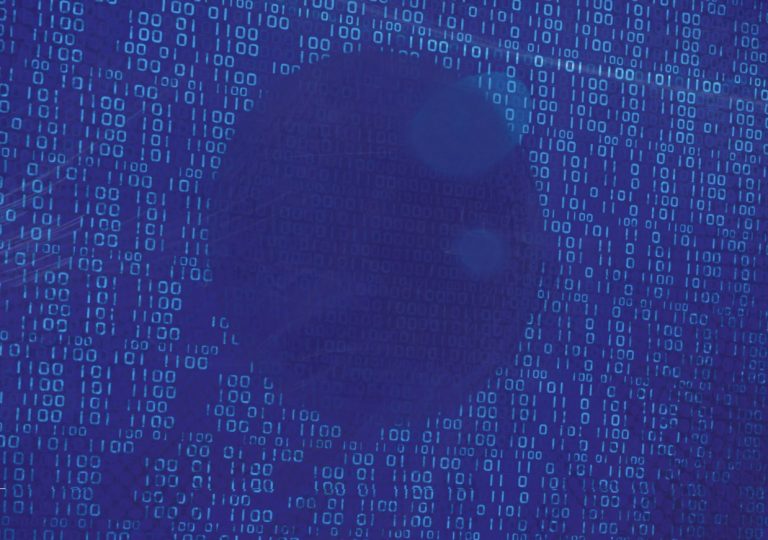
Today, it is of utmost relevance to study people’s attitudes, motives, and behaviours in relation to the fact that we live in a culture of surveillance. This includes the need for cultural and ethical perspectives to understand and nuance contemporary discussions on surveillance, not least in the highly digitalised context of the Nordic countries.
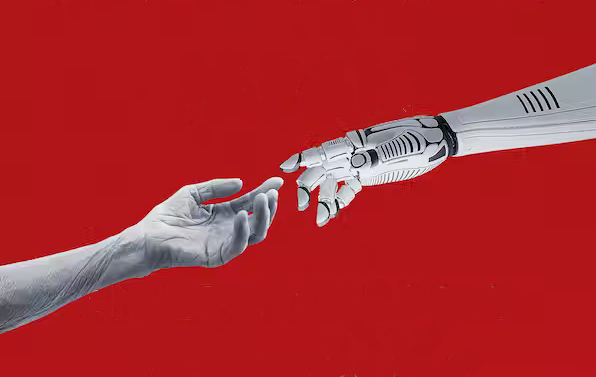
Robots Won't Save Japan addresses the Japanese government's efforts to develop care robots in response to the challenges of an aging population, rising demand for eldercare, and a critical shortage of care workers.

A new area called "human-centered machine learning" (HCML) promises to balance technological possibilities with human needs and values. However, there are no unifying guidelines on what "human-centered" means, nor how HCML research and practice should be conducted.
This article by Stevie Chancellor in Communications of the ACM draws on the interdisciplinary history of human-centered thinking, HCI, AI, and science and technology studies to propose best practices for HCML.




















